DOI: 10.13140/RG.2.1.2120.5845
ABSTRACT
Intensity of recommendations: Weak in favor of venlafaxine.
Technologies: duloxetine, venlafaxine and trazodone.
Indication: moderate or major depression.
Characterization of the technology: Duloxetine and venlafaxine are part of the group of antidepressants reuptake of serotonin and norepinephrine (IRSR). Trazodone is an atypical antidepressant, works by inhibiting the reuptake of serotonin and blocks the adrenergic and histaminergic. These drugs increase the amount of serotonin and / or noradrenaline in the synaptic cleft, thereby increasing synaptic stimulation and the activity of these monoamines in the CNS.
Question: Are duloxetine, venlafaxine and trazodone more effective and safe than fluoxetine for the treatment of major depression in adults?
Search and analysis of scientific evidence: We searched Medline (via Pubmed) Centre for Reviews and Dissemination (CRD), The Cochrane Library and LILACS. Sought to systematic reviews (SR) clinical trials that compared the efficacy and safety of duloxetine drugs, venlafaxine and trazodone compared to fluoxetine for the treatment of Major Depressive Disorder, which used as a diagnostic criterion the international classifications ICD-10 and DSM IV. The quality of evidence was evaluated by the GRADE system. To evaluate secondary endpoints related to the abandonment of treatment and adverse effects data from observational studies present in the SR were considered. Health Technology Assessments and therapeutic guidelines were searched in international agency sites and the Brazilian Network for Health Technology Assessment.
Summary of the results of the selected studies: Twelve systematic reviews with meta-analysis were included. In assessing effectiveness, the results of SR showed a slight superiority of venlafaxine front of fluoxetine. In safety assessment, to check the dropout rates of treatment and incidence of adverse events, most studies proved inconclusive or slightly unfavorable to duloxetine or venlafaxine compared to fluoxetine. Most SR presented evidence of low quality and all contributed to a weak recommendation in favor of venlafaxine. Were included three therapeutic guides who didn’t distinguish between second-generation antidepressant medications (eg, duloxetine, venlafaxine and trazodone) and SSRIs (eg, fluoxetine) for efficacy endpoint.
Recommendations: Efficacy results of this study point to the indication of venlafaxine in case of inadequate response to treatment with SSRIs. While the mechanism of action of venlafaxine seems to be related to its therapeutic superiority it could also be related to its clinical limitations, especially in hypertensive patients or in patients with heart problems. The initial choice of drug should be based on various criteria such as potential adverse reactions and the cost of treatment. Given the low quality of the evidence and the higher cost of treatment in face of existing treatment alternatives, fluoxetine still presents itself as the first choice drug for the treatment of MDD in adult patients, since its effectiveness is comparable to the evaluated technologies and it is better tolerated. We emphasize that despite not having been the object of comparison in this study other SSRIs such as sertraline, citalopram or escitalopram seem to have comparable efficacy to each other. As for duloxetine and trazodone, we found no evidence of direct comparison with fluoxetine.
Full content in Portuguese
>


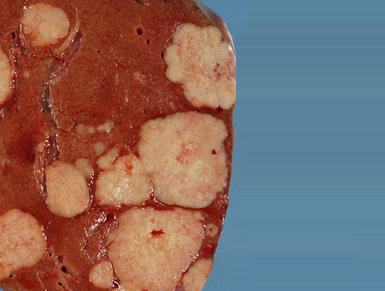
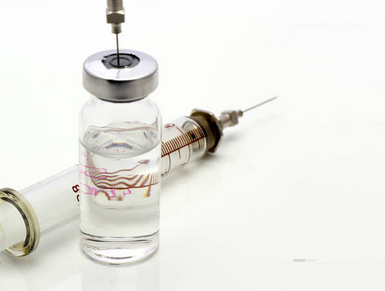
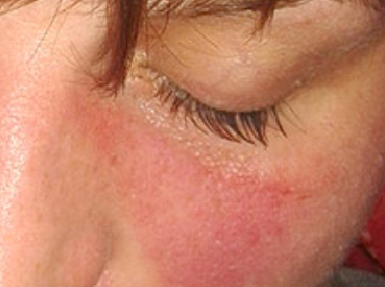
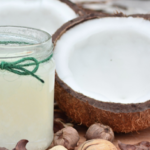

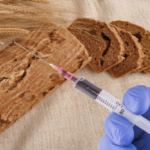
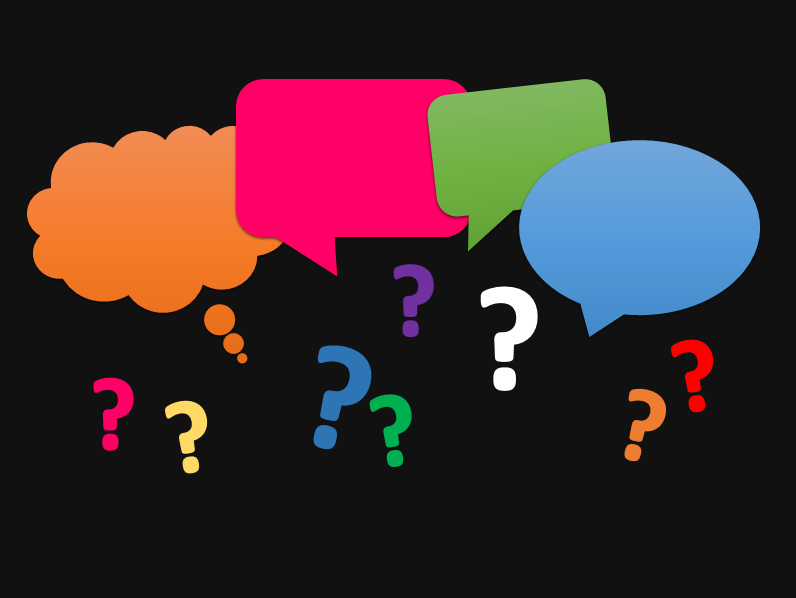























Adicionar Comentário